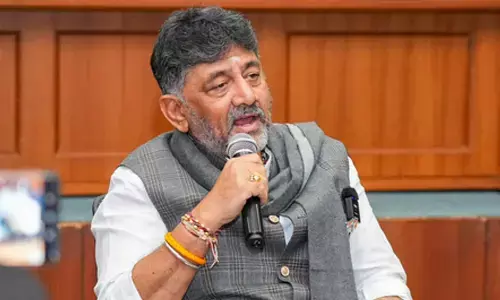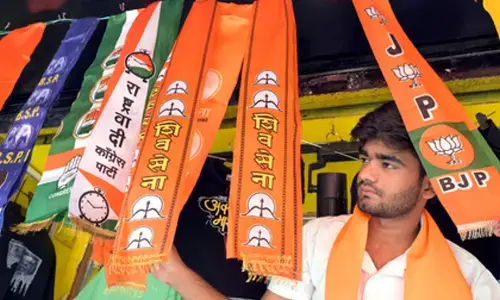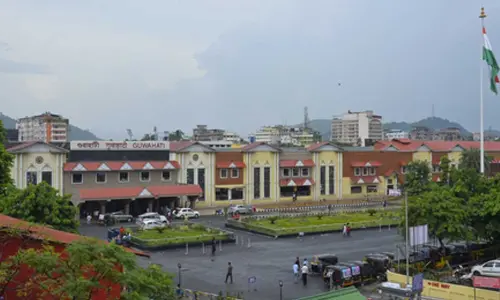Key features of the GST Bill

The Bill enables Parliament and state legislatures to frame laws on GST. The GST Council, that includes representatives from the centre and all states, will make recommendations on the implementation of GST. Scope of GST is applicable on the supply of goods or services. Alcoholic liquor for human consumption is exempt from GST.
The Bill enables Parliament and state legislatures to frame laws on GST. The GST Council, that includes representatives from the centre and all states, will make recommendations on the implementation of GST. Scope of GST GST is applicable on the supply of goods or services. Alcoholic liquor for human consumption is exempt from GST. Initially, GST will not apply to: (a) petroleum crude, (b) high speed diesel, (c) motor spirit (petrol), (d) natural gas, and (e) aviation turbine fuel. The GST Council will decide when GST will be levied on them. Tobacco and tobacco products will be subject to GST. The centre may also impose excise duty on tobacco. Levy of GST Both, Parliament and state legislatures will have the power to make laws on the taxation of goods and services.
A law made by Parliament in relation to GST will not override a state law on GST. The central government will have the exclusive power to levy and collect GST in the course of interstate trade or commerce, or imports. This will be known as Integrated GST (IGST). A central law will prescribe the manner in which the IGST will be shared between the centre and states, based on the recommendations of the GST Council.
Additional tax on supply of goods An additional tax of up to 1% on the supply of goods will be levied by centre in the course of inter-state trade or commerce. The tax will be collected by the centre and directly assigned to the states from where the supply originates.
This tax will be levied for two years, or for a longer period as recommended by the GST Council. The central government may exempt certain goods from such additional tax. The principles for determining the place of origin from where the supply of such goods takes place will be formulated by a law of Parliament.
GST Council
The GST Council will consist of: (a) the Union Finance Minister (as Chairman), (b) the Union Minister of State in charge of Revenue or Finance, and (c) the Minister in charge of Finance or Taxation or any other Minister, nominated by each state government. All decisions of the GST Council will be made by threefourth majority of the votes cast; the centre shall have one-third of the votes cast, and the states together shall have two-third of the votes cast.
The GST Council will make recommendations on: (a) taxes, cesses, and surcharges to be subsumed under the GST; (b) goods and services which may be subject to, or exempt from GST; (c) the threshold limit of turnover for application of GST; (d) rates of GST; (e) model GST laws, principles of levy, apportionment of IGST and principles related to place of supply; (f) special provisions with respect to the eight north eastern states, Himachal Pradesh, Jammu and Kashmir, and Uttarakhand; and (g) related matters.
The GST Council may decide the mechanism for resolving disputes arising out of its recommendations. Compensation to states Parliament may, by law, provide for compensation to states for revenue losses arising out of the implementation of GST, based on the recommendations of the GST Council. Such compensation could be for a maximum of five years.














